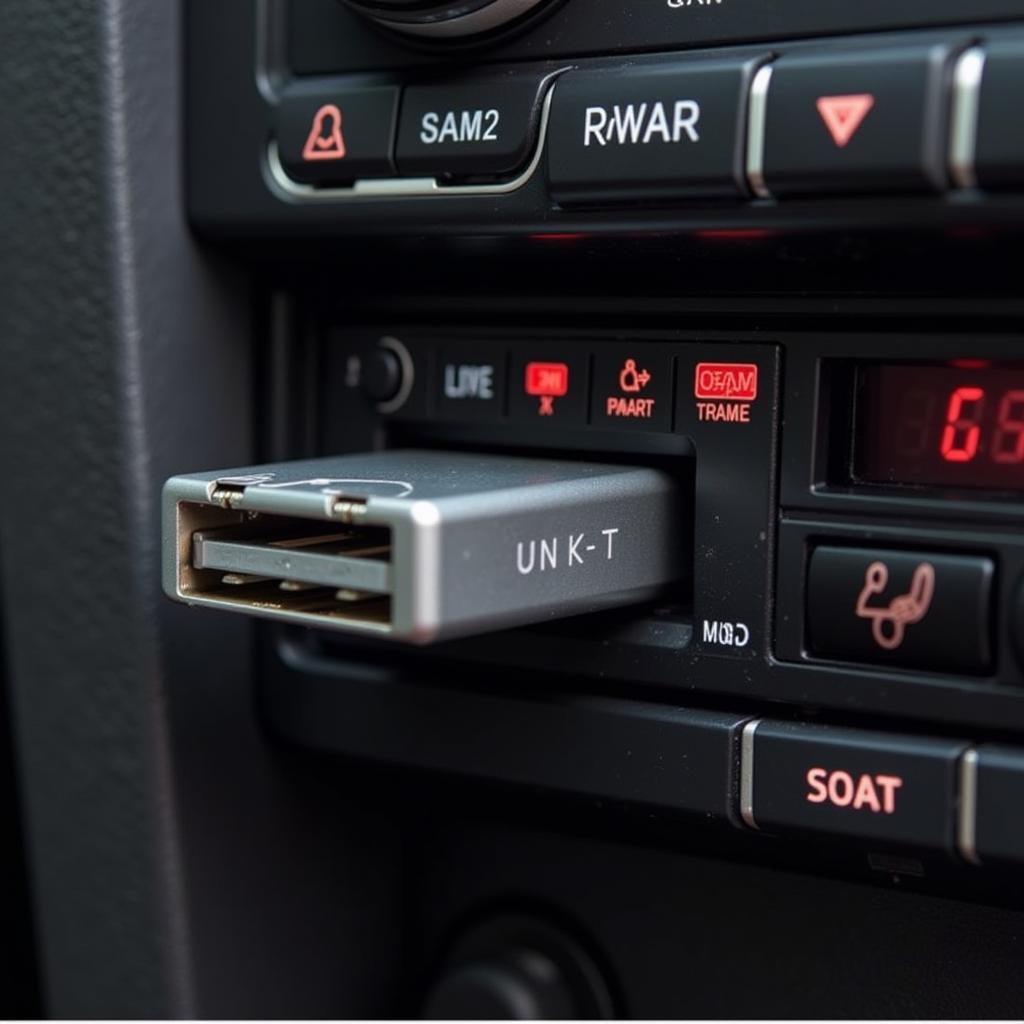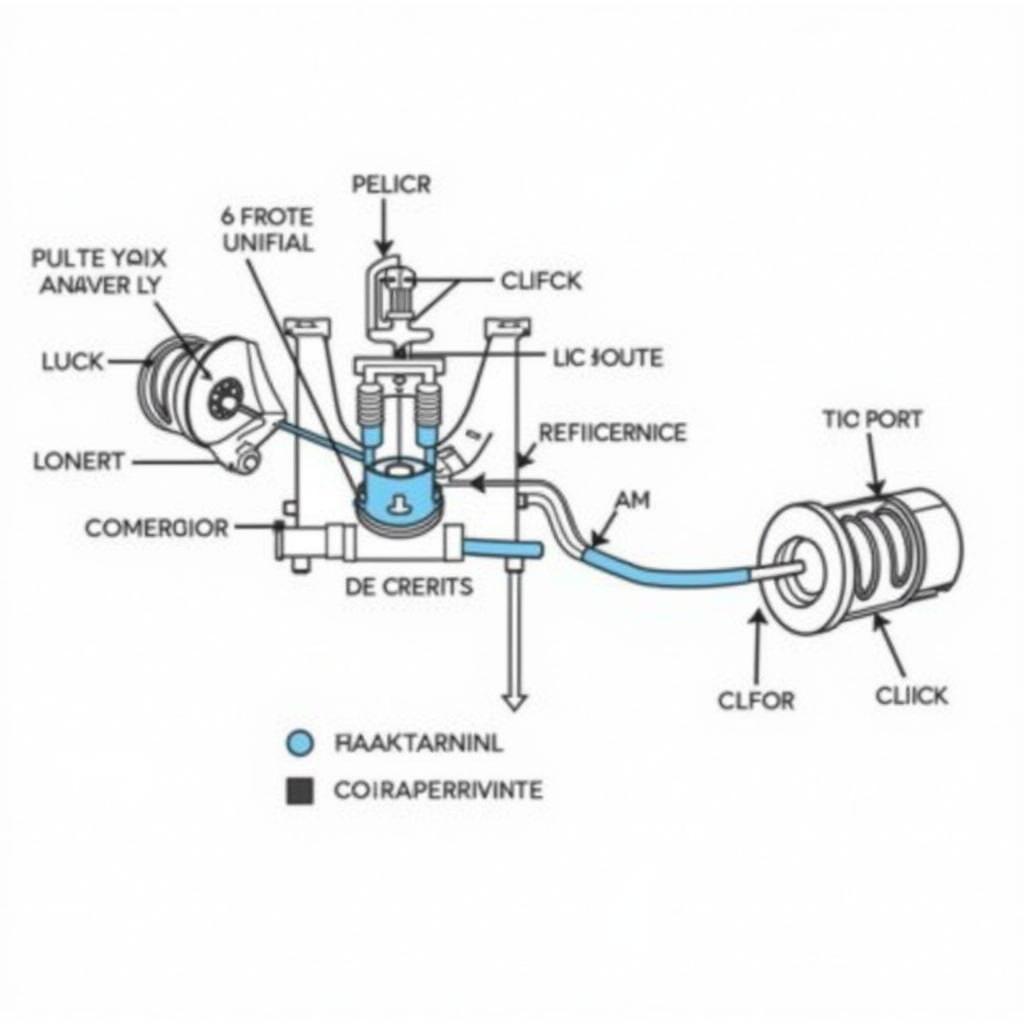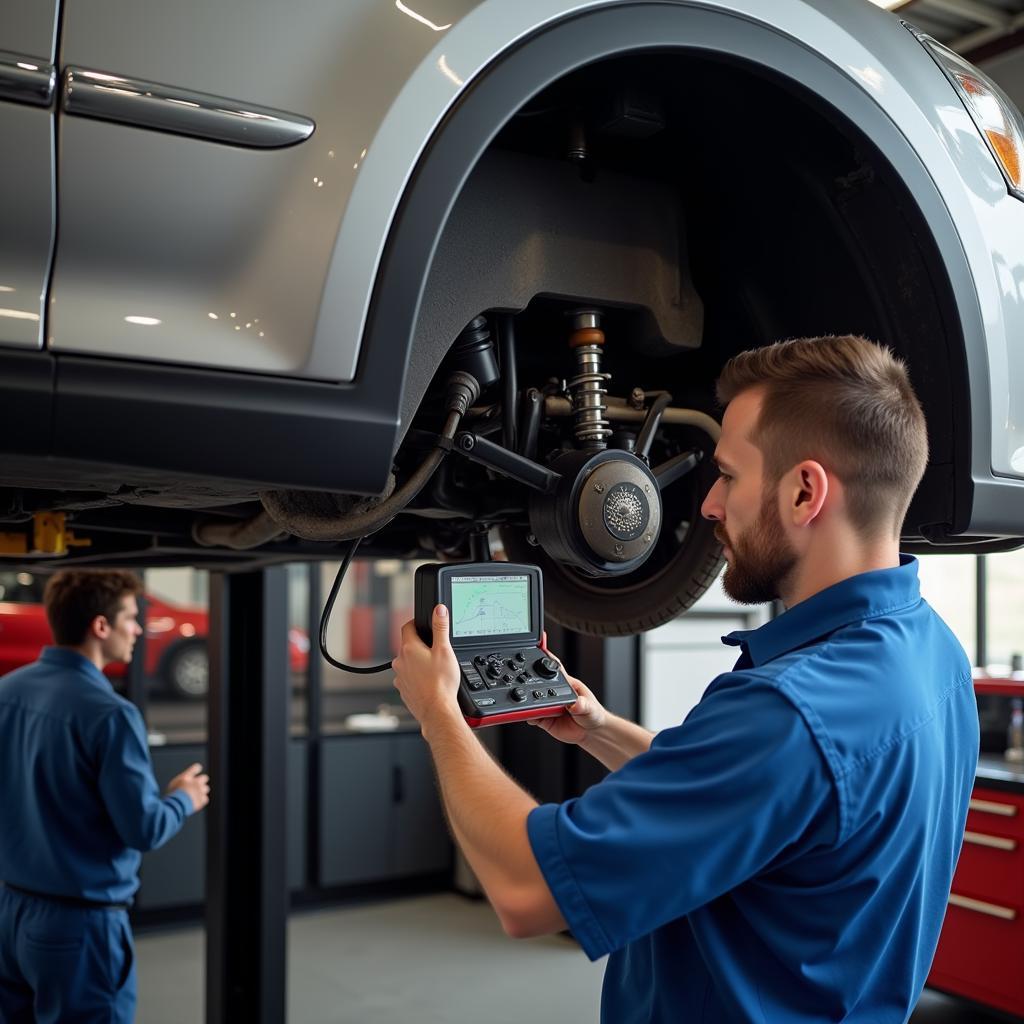Car battery corrosion is a common problem that can lead to a variety of issues, including a weak battery, difficulty starting your car, and even damage to the battery terminals. In this guide, we’ll cover the causes of battery corrosion, how to identify it, and provide a step-by-step guide on how to fix it.
What Causes Car Battery Corrosion?
Car battery corrosion is caused by a chemical reaction between the lead plates inside the battery and the battery acid. This reaction is accelerated by the presence of moisture, heat, and contaminants in the air, such as road salt and dirt.
Here are some common causes of car battery corrosion:
- Overcharging: If your car’s alternator is overcharging the battery, it can cause excessive heat and lead to corrosion.
- Battery leakage: If the battery has a leak, the battery acid can spill out and corrode the battery terminals and surrounding areas.
- Extreme temperatures: Both hot and cold temperatures can accelerate the corrosion process.
- Environmental factors: Road salt, dirt, and other contaminants can react with the battery acid and cause corrosion.
Identifying Battery Corrosion
The most common sign of battery corrosion is a white, powdery substance on the battery terminals. This substance is actually lead sulfate, which is a by-product of the corrosion process. You may also notice a green or blue tint on the battery terminals, which is another indication of corrosion.
Here are some other signs of battery corrosion:
- Battery terminals are loose or difficult to remove.
- The battery cables are corroded or damaged.
- The battery itself is swollen or leaking.
- The car’s electrical system is malfunctioning.
- You’re having trouble starting your car.
How to Fix Car Battery Corrosion
Fixing battery corrosion is a relatively simple process, but it’s important to take proper precautions to avoid injury. Always wear safety glasses and gloves when working with batteries.
Here is a step-by-step guide to fix battery corrosion:
- Disconnect the battery cables. Always disconnect the negative cable first, and then the positive cable.
- Clean the battery terminals. Use a wire brush, baking soda, and water to clean the corrosion from the terminals. You can also use a commercial battery terminal cleaner.
- Neutralize the corrosion. After cleaning the terminals, neutralize any remaining acid with a baking soda solution.
- Apply a corrosion inhibitor. Once the terminals are clean and dry, apply a corrosion inhibitor to prevent future corrosion.
- Reconnect the battery cables. Reconnect the positive cable first, and then the negative cable.
Tips for Preventing Car Battery Corrosion
“Battery corrosion is something that’s easily preventable,” says John Smith, a certified automotive technician with over 20 years of experience. “Following these tips can help to keep your battery in good condition and prevent corrosion from forming.”
- Keep the battery terminals clean. Regularly inspect the battery terminals for corrosion and clean them as needed.
- Use a battery terminal protector. Applying a corrosion inhibitor to the battery terminals can help to prevent corrosion from forming.
- Don’t overcharge the battery. Make sure your car’s alternator is not overcharging the battery.
- Store the battery properly. If you need to store your car battery, store it in a cool, dry place.
Frequently Asked Questions (FAQs)
Q: Can I use vinegar to clean battery corrosion?
A: While vinegar is acidic and can help to neutralize the lead sulfate, it can also damage the battery terminals and surrounding areas. It’s best to use baking soda and water, which is a safer and more effective solution.
Q: How often should I clean my battery terminals?
A: It’s a good idea to inspect your battery terminals every few months, and clean them as needed. However, if you live in a humid or salty environment, you may need to clean them more frequently.
Q: What happens if I don’t fix battery corrosion?
A: If you don’t fix battery corrosion, it can lead to a variety of problems, including:
- Weak battery: Corrosion can reduce the battery’s capacity and cause it to discharge quickly.
- Difficulty starting your car: A corroded battery may not have enough power to start your car.
- Damage to the battery terminals: Corrosion can damage the battery terminals and surrounding areas.
- Electrical system malfunction: Corrosion can interfere with the car’s electrical system, leading to other problems.
Need help with your car battery? Call us at +1 (641) 206-8880 or visit our office at 500 N St Mary’s St, San Antonio, TX 78205, United States.







Leave a Reply